Weight loss drugs are having some notable effects on consumer spending and may go on to have a significant impact on the US food and retail industry, according to a new survey.
Do Weight Loss Drugs Reduce Food Spending?

‘Miracle’ weight loss drugs like Ozempic and Wegovy are driving down food spending for users, according to a new survey conducted by analysts at investment bank and financial services company Morgan Stanley.
Morgan Stanley Survey

The survey, which included the participation of 92,000 Americans, showed that these weight-loss drugs have driven down consumer spending in households with weight-loss patients.
GLP-1 User Households Surveyed

Of the 92,000 participants, 12.3% had at least one member of their household using popular GLP-1 (glucagon-like peptide 1) weight loss medication like Ozempic, Wegovy, Mounjaro, and Zepbound.
Takeaway and Restaurant Bills Are Down
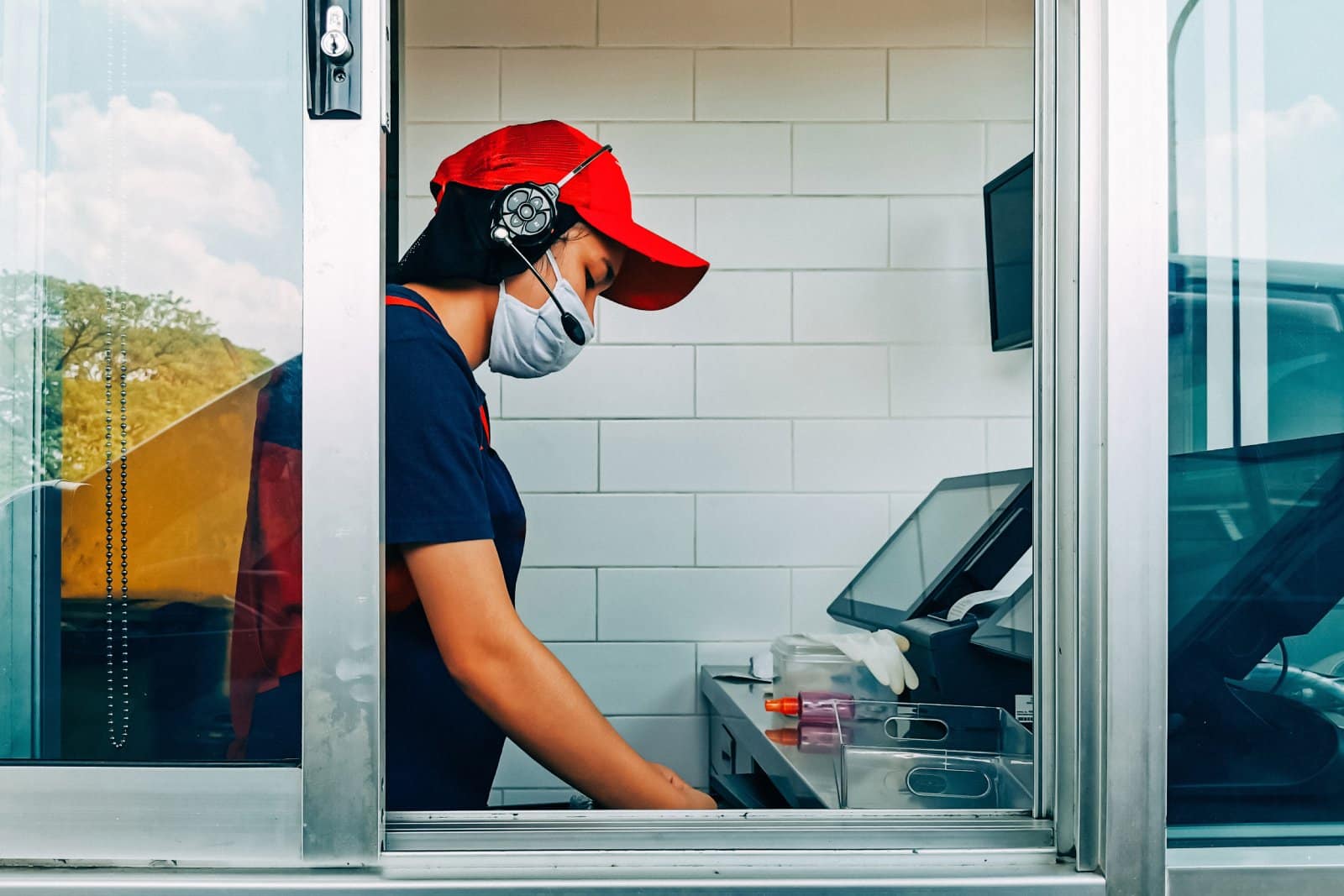
Most people who reported taking one of these medications for weight loss also reported spending less on eating takeout and restaurant food specifically.
Grocery Bills Down Too
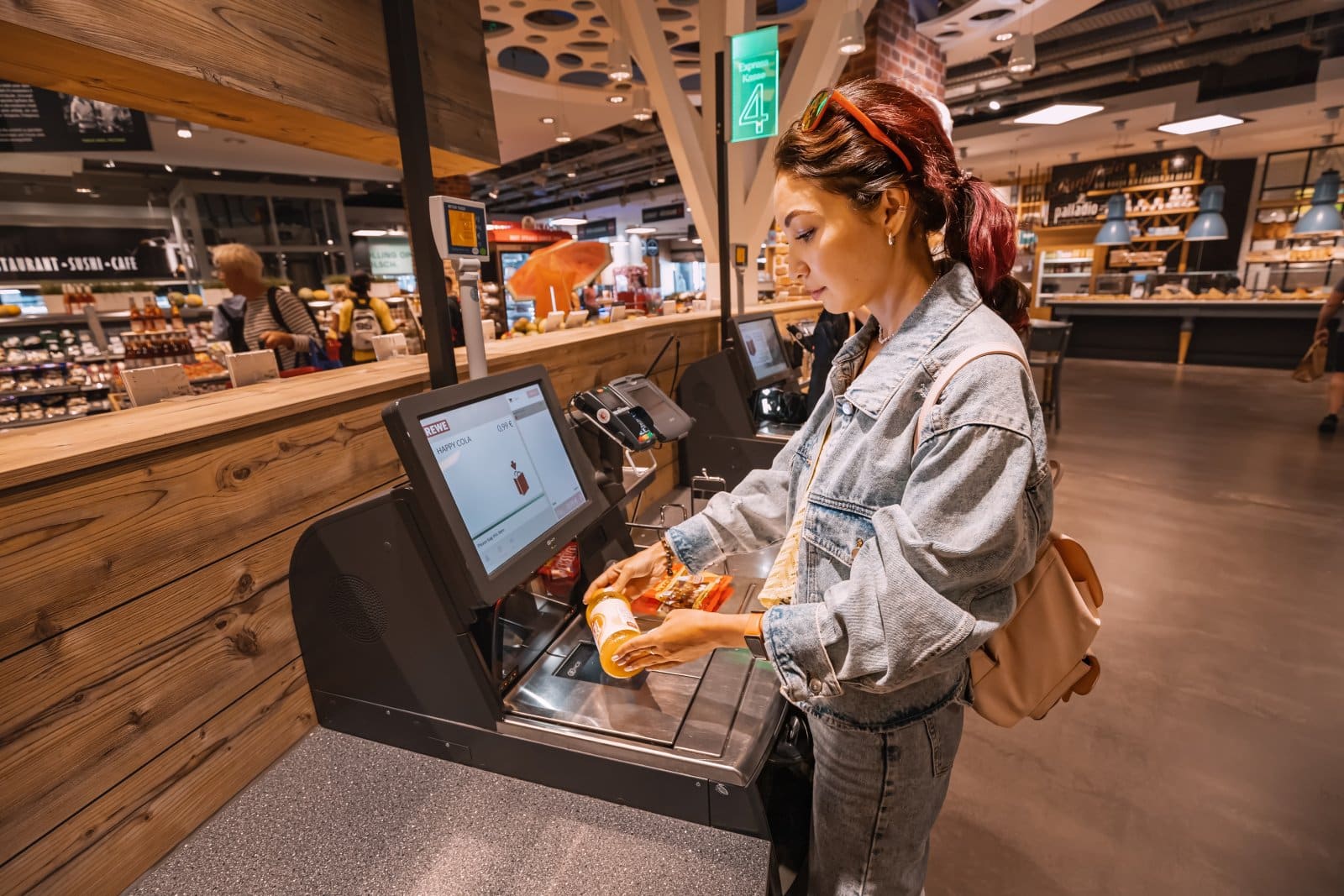
Another smaller portion of users also reported spending lessons at the grocery store, as the medications had significantly reduced how much they eat each week.
$150 Less Per Month
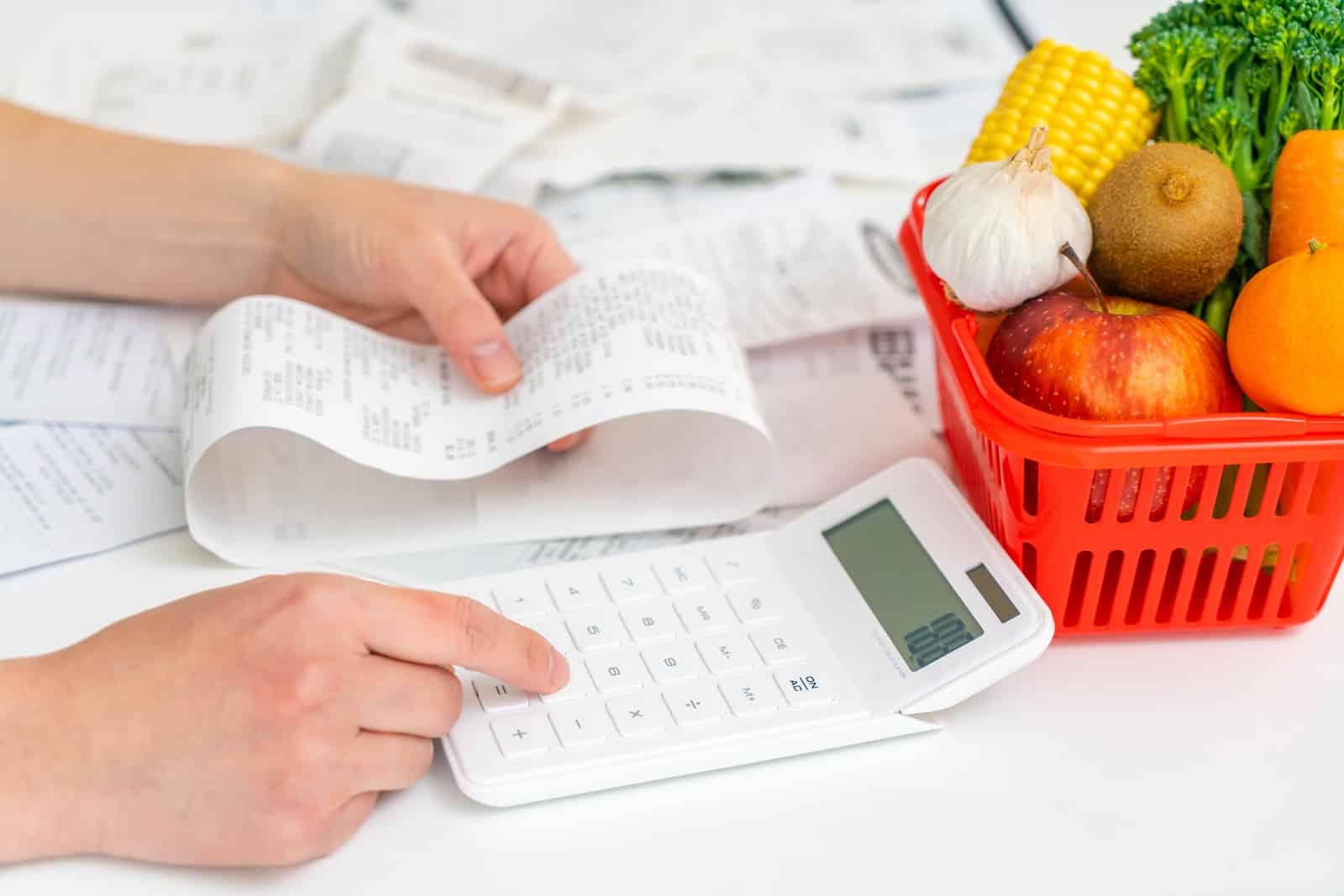
According to the survey, households with GLP-1 users spent $150 less on average per month than they did before using weight loss drugs.
More Before, Less After?
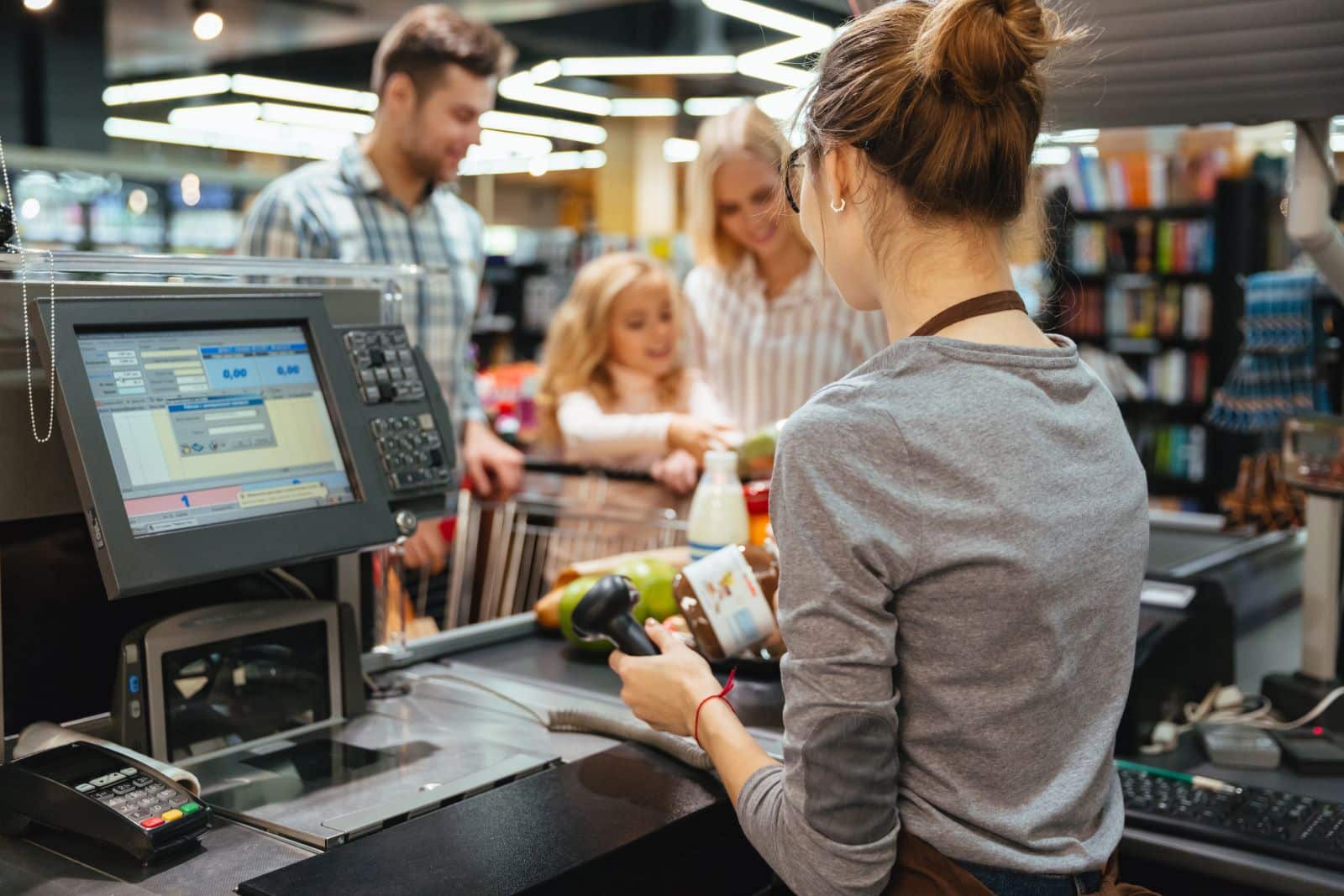
The average household with GLP-1 users tended to spend more on groceries than the average non-GLP-1 households prior to using weight loss medication, before seeing a notable decline after GLP-1 treatment was introduced.
6% to 9% Decrease

“When monthly grocery spend is indexed to adjust out the aforementioned differences GLP-1 households’ monthly grocery spend decreased anywhere from 6% to 9% more than the change in spending among non-GLP-1 households,” analysts confirmed.
Healthy Food Over Unhealthy

What’s more, the team of Morgan Stanley researchers led by analyst Pamela Kaufman, found that GLP-1 users were increasingly favoring healthy foods over unhealthy ones, a finding that has been supported in previous surveys.
Negative for Some, Positive for Others

This could indicate that some food providers will be more negatively affected, while some may even reap net positive benefits from the dieting habit changes associated with Ozempic and other products.
Different Impacts on Different Produce
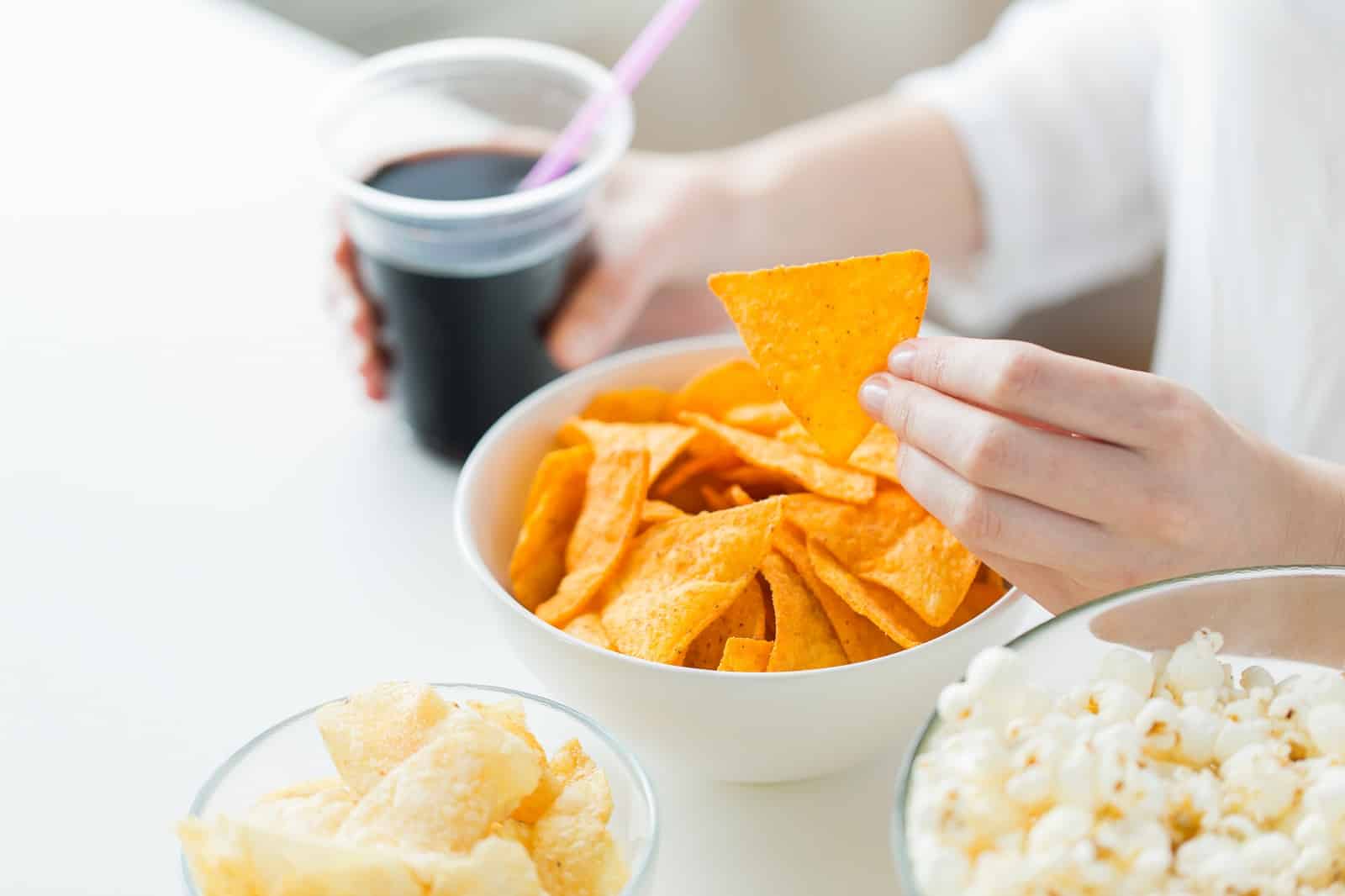
“Monthly spend on categories most negatively impacted by GLP-1 users for weight loss include snacks, pastries, and ice cream while yogurt, fish, and vegetable snacks are most positively impacted,” said Kaufman.
“Notable Reduction of Less Healthy Categories”

“Our prior survey work suggests a notable reduction in the consumption of less healthy categories when taking GLP-1 drugs,” she continued.
Should Companies be Concerned?

It’s a concerning prospect for restaurant chains, major retailers, and snack food makers, who may see the uptick in GLP-1 use directly affect their bottom line. Especially since these weight loss medications are only increasing in popularity throughout the US.
Optimistic Predictions for Weight Loss Industry

Alongside the recent survey, Morgan Stanley also released very positive predictions for the future of the ‘miracle’ weight loss drug market. Analysts predicted that the weight loss drug market, headed by the big four products, will be worth $105 billion by 2030.
9% Using by 2035

They believe that as many as 31.5 million Americans will be using GLP-1 medications for weight loss by 2035. This would represent a whopping 9% of the national population.
A Notable Trend
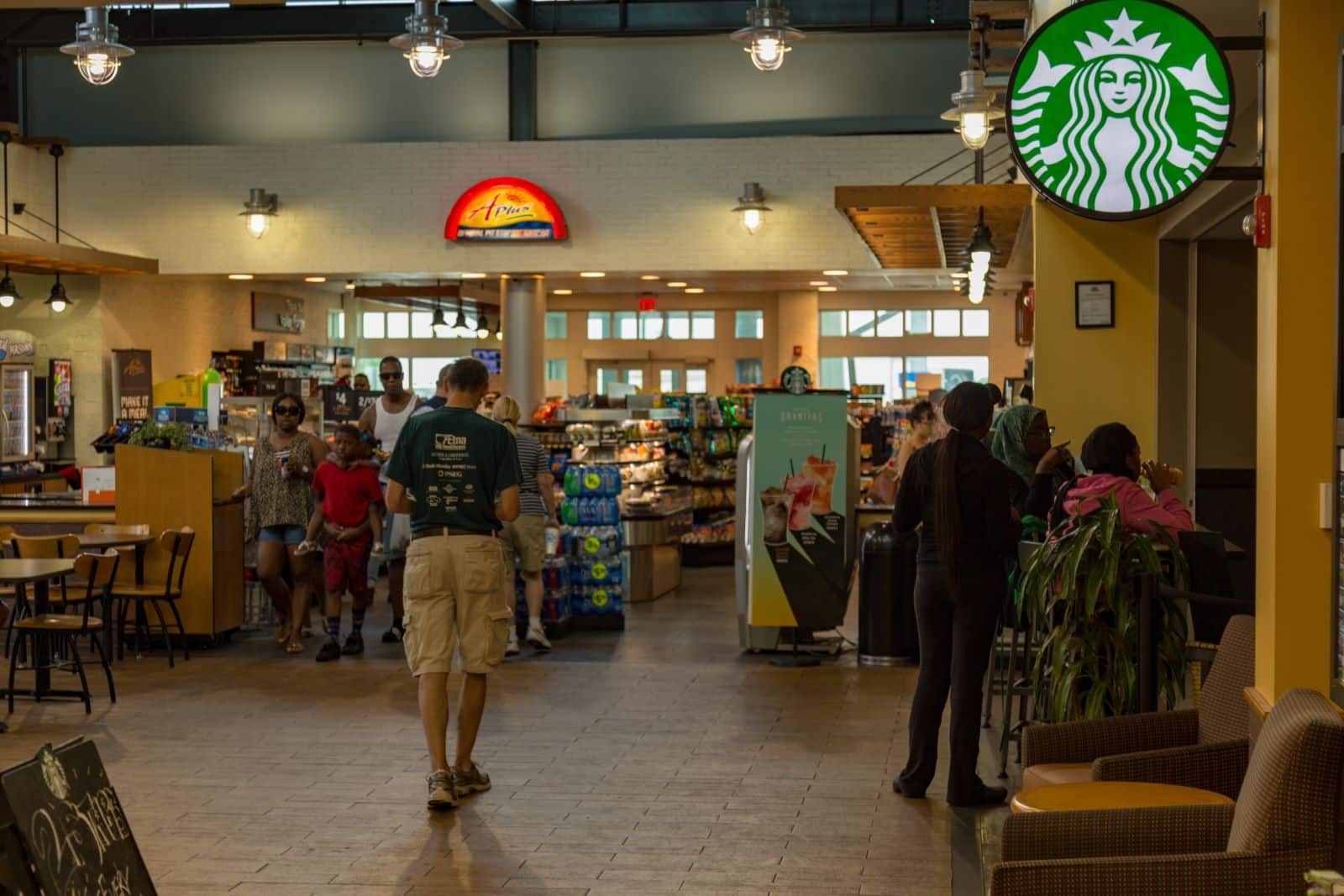
If they are correct, the trend of reduced food spending could seriously affect some of America’s largest food and grocery retailers.
Who Is Most in Trouble?
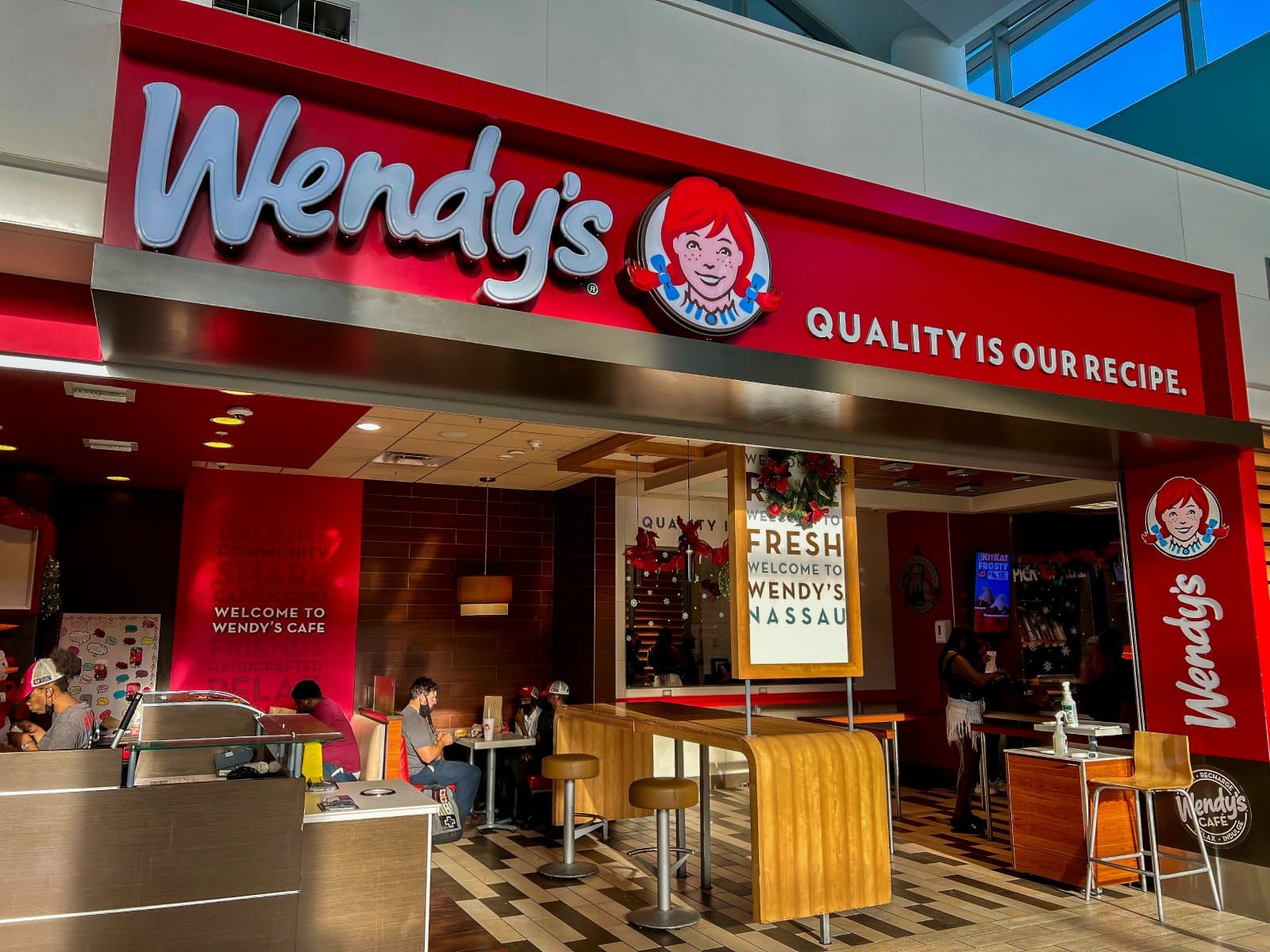
Morgan Stanley named brands and corporations like Wendy’s, Hershey, Doritos, Oreos, and Molson Coors as the most likely to take an economic hit from the rising tide of weight loss medication use.
Unhealthy Products Most Affected

These companies broadly produce food products that are high in sugar, sodium, and fructose.
GLP-1 Mechanisms

GLP-1 medications work due to their primary ingredient glucagon-like peptide 1, which mimics the hormones that make us feel full, thus significantly reducing a user’s appetite and food cravings.
King of Weight Loss Drugs

Ozempic, the most famous of the weight loss drugs, was initially created by Dainish pharmaceutical giant Novo Nordisk as a treatment for type 2 diabetes and heart disease.
The post – Weight Loss Drugs Are Leading to Reduced Spending on Takeout, Snacks and Groceries – first appeared on Wealthy Living.
Featured Image Credit: Shutterstock / RossHelen.
The content of this article is for informational purposes only and does not constitute or replace professional financial advice.





